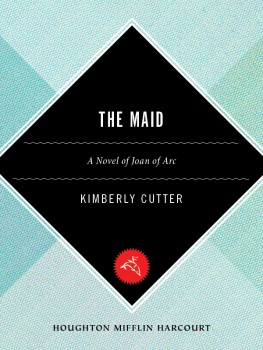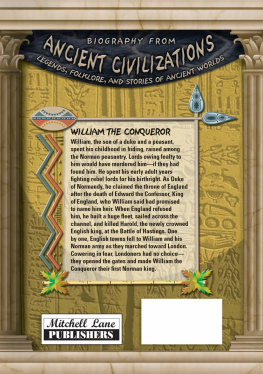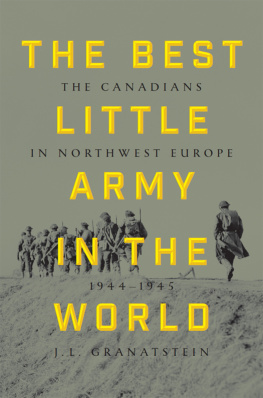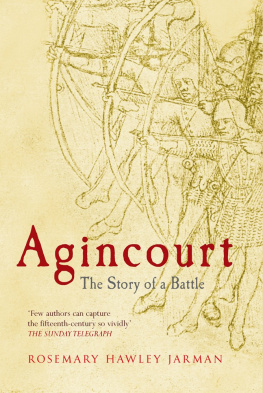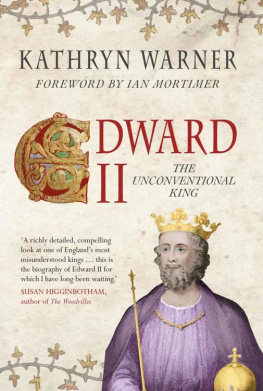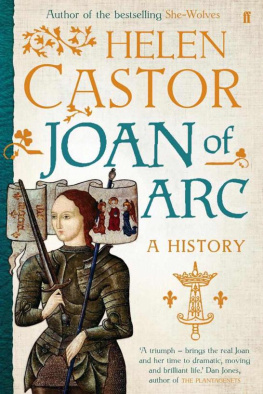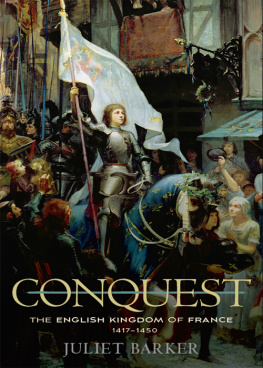Epilogue I
They burned Jehanne's body three times. When at last it was reduced to ash, Massieu raked the pile of gray powder into a wooden box and dumped it into the river, as the Bishop had ordered, so that the townspeople could not keep any of it for relics. He turned the box over and hit the bottom of it hard with his hand. Weeping as he did this. Howling like a lost dog. Most of the ash fell into the river in a long gray curtain. But some was caught by the wind and blown upward toward the blue spring sky where it swirled a moment in the air, before dissolving into sunlight.
Epilogue II
Jehanne d'Arc's campaign definitively turned the tide of the Hundred Years' War, and in 1453 the French succeeded in winning their country back from the English.
In 1455 Jehanne's mother and her brothers petitioned the new pope, Callixtus III, to make an investigation into Jehanne's trial. On the findings of the investigation, an extensive nullification trial was held, and on July 7, 1456, Jehanne was found innocent. The court described her as a martyr and implicated the late Pierre Cauchon with heresy for convicting an innocent woman in pursuit of a secular vendetta.
In 1920 Jehanne d'Arc was recognized as a saint by the Catholic Church. She remains the patron saint of France, and of soldiers and prisoners, and an inspiration to people all over the world.
Author's Note
Almost everyone who has read The Maid asks the same question: How much is true? The short answer: almost everything. Almost all of the characters are real people, and the book adheres closely to the established historical facts surrounding Joan of Arc's life.
Joan of Arc was an illiterate peasant girl who, in 1429 at the age of seventeen, rode across war-torn France and convinced King Charles VII to let her take charge of his army so she could kick the English out. She believed that she was on a mission from God (though many today dismiss her as schizophrenic or epileptic), and that the Saints Michael, Catherine, and Margaret spoke to her and provided her with guidance.
The predictions that Joan makes in the book are all true: She did predict that the French would be defeated at the battle of Rouvray. She also predicted that she would raise the siege at Orlans and escort King Charles to be crowned in Reims. She knew that her time in power would be brief, telling Charles early on: "Use me. I will last little more than a year. During that year let as much as possible be done." On the day of the assault on Saint Loup, she did wake up at the Bouchers' house in Orlans shouting that the generals had begun fighting without her. The night before the attack on Les Tourelles, Joan did tell Father Pasquerel that she would be wounded in the coming fight, saying: "Tomorrow the blood will flow from my body, above the breast." Joan also predicted that she would be captured by the English and Burgundians before Midsummer in 1430.
Perhaps most spectacularly, Joan of Arc did jump from the roof of the tower at Beaurevoir (a distance estimated between 60 and 70 feet) and survived without so much as a sprained ankle.
The areas where I have taken novelistic license with Joan's life are as follows: Though Joan's sister, Catherine, did die in Domrmy around 1429, the cause of her death is unknown. Given the amout of Goddon-related violence in the area at the time, it seems plausible that Catherine died at their hands. Bertrand de Poulegny did not die during the attack on Les Tourelles, but does so here for dramatic purposes. And Bertrand's account of the Battle of Agincourt is a tale told round a campfire and therefore is subject to the sorts of embellishments that tend to take place in such tellings. It should not be taken as statement of fact.
The question of how much Joan actually fought in battle has been debated by historians for the last six hundred years. We know for certain that she was mounted on a warhorse and dressed in a suit of armor that the King had made especially for her, and that she carried Charles Martel's sword, which had been unearthed for her at the shrine to Saint Catherine in Fierbois. We also know that Joan was present on the front lines for most of the battles in which she was involved and that she was wounded three times in the process. At Augustins she stepped on a caltrop; at Les Tourelles she was shot in the neck with an arrow while she was climbing one of the scaling ladders (she later pulled the arrow out herself); and during the attack on Paris, she was shot with a crossbow bolt that split her armor and pierced her thigh. Although Joan claimed that she did not use her swordor kill anyonethis seems unlikely given her active role in the field.
Finally there is the question of whether Joan was raped in prison. Historians are divided on this point. What we know is that throughout her trial, Joan insisted on remaining in her boy's clothesstating that they protected her from the guards and others who regularly attempted to sexually assault her. When Joan finally took off her boy's clothes after her abjuration and replaced them with a woman's dress, she was left completely vulnerable to the guards' assaults for three days. We also know that Bedford had made it clear that Joan's trial must result in her death sentence, and that when it looked as if her abjuration would save her from this fate, he was furious. At this point, the English stepped in. Suddenly, the courtyard around Joan's prison tower filled up with ax-wielding English guards who refused to let any of the clergymen in to see her. Jean Beaupere, Nicolas Midi, Jean Massieu, and Guillaume Manchon all attempted to visit Joan during this period, and all were turned away. At Joan's nullification trial in 1456, Manchon testified that when he entered the courtyard "about 500 Englishmen surrounded them, roughing them up and calling them traitors, saying that they behaved badly during the trial. Only with great difficulty and fear were they able to escape." The Dominican priest Martin Ladvenu testified that in Joan's final confession (on the morning of her execution), she said she had been violently assaulted by an English nobleman who attempted to rape her during this time.
Of course, no one will ever really know what happened in the tower over the course of those three days, but we do know that Joanwearing nothing but a dress, chained up and guarded by five English-sympathizing guards, with no clergymen in attendancewas completely vulnerable; anyone who wanted to rape her could have. Which leaves us with the final question: If Joan was in fact raped in prison, why would she not just have admitted as much to Ladvenu? Here, we must remember two things: The first is her fierce and enormous pridea pride that would undoubtedly have made an admission of rape seem like an admission of defeat. The second is the great importance that Joan had placed on her virginity (she called herself "the Maid," after all) and how inextricably the notion of her virginity was bound up with her sense of specialness and mystical power and self. If the Maid was no longer a maid, then who was she?
As her admirer, I can only offer my humble opinion that, virgin or not, she remains the most extraordinary woman who ever lived.
Acknowledgments
More books have been written about Joan of Arc than any other woman in history, and I have plundered many, many of them for information and inspiration, but I am particularly indebted to Willard Trask's compilation and translation of testimonies from Joan's condemnation trials, Joan of Arc: In Her Own Words; to Larissa Juliet Taylor's biography, The Virgin Warrior; and to Vita Sackville-West's biography, Saint Joan of Arc. Other books that were helpful or invaluable were Joan of Arc: Her Story by Rgine Pernoud and Marie-Vronique Clin, revised and translated by Jeremy duQuesnay Adams;


